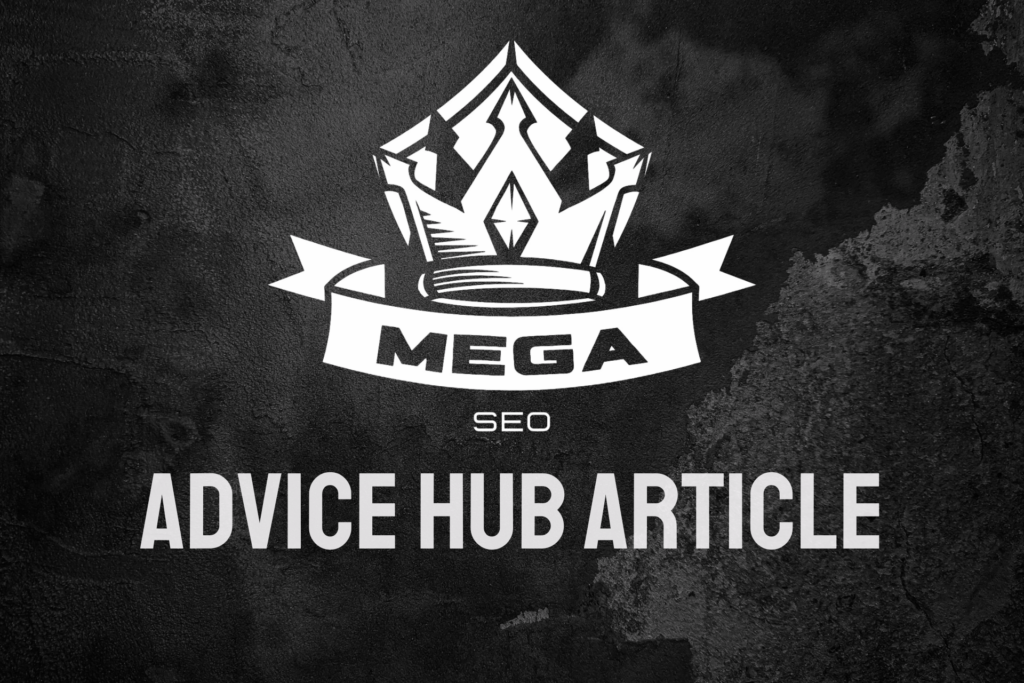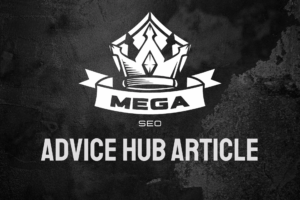Building a link-worthy resource hub transforms your website into a valuable destination that naturally attracts backlinks and enhances your site’s authority. Creating comprehensive, well-structured resource centres requires careful planning, quality content creation, and strategic promotion to maximise their link-building potential.
What Makes a Resource Hub Link-Worthy?
A link-worthy resource hub combines authoritative information, user-friendly design, and practical value for your target audience. The most successful resource hubs share several key characteristics that make them natural link magnets:
- Comprehensive Coverage: Your resource hub should thoroughly address topics relevant to your industry, providing in-depth information that goes beyond surface-level content.
- Original Research: Including proprietary data, surveys, or case studies makes your hub uniquely valuable and more likely to attract citations.
- Regular Updates: Fresh content keeps your hub relevant and encourages repeat visits and ongoing link acquisition.
- Clear Organisation: Logical structure and easy navigation help users find exactly what they need quickly.
How Should You Structure Your Resource Hub?
Creating an effective structure for your resource hub involves careful planning and organisation. Consider implementing these structural elements:
Main Categories
Divide your content into clear, logical categories that align with your audience’s interests and needs. Each category should:
- Topic Clusters: Group related content together to create comprehensive coverage of specific subjects, strengthening your topical authority.
- Clear Hierarchy: Use intuitive navigation to help users move between different sections seamlessly.
- Cross-Linking: Implement strategic internal linking to guide users through related resources and improve site structure.
Content Types
Diversify your content formats to cater to different learning preferences and user needs:
- Guides and Tutorials: Step-by-step instructions that solve specific problems or explain complex concepts.
- Templates and Tools: Downloadable resources that provide immediate practical value.
- Case Studies: Real-world examples demonstrating successful implementation of concepts or strategies.
- Research Papers: Original studies and data analysis that contribute new insights to your industry.
What Content Should Your Resource Hub Include?
The success of your resource hub depends largely on the quality and relevance of its content. Focus on creating materials that provide genuine value:
Educational Content
Develop comprehensive educational materials that showcase your expertise while helping users solve real problems. This might include:
- Industry Guides: In-depth explorations of key topics, similar to our technical SEO resources.
- Best Practice Documents: Detailed guidelines and standards for your industry.
- Video Tutorials: Visual demonstrations of important concepts or procedures.
Practical Resources
Create actionable tools and templates that users can implement immediately:
- Calculators: Interactive tools that help users solve specific problems or make decisions.
- Checklists: Comprehensive lists for implementing strategies or completing projects.
- Templates: Ready-to-use documents that save users time and effort.
How Can You Promote Your Resource Hub?
Creating valuable content is only half the battle – you need to actively promote your resource hub to attract links. Consider these promotion strategies:
- Outreach Campaigns: Contact industry influencers and websites that might benefit from linking to your resources. This forms a key part of effective off-page SEO.
- Social Media Promotion: Share your resources across social platforms to increase visibility and encourage sharing.
- Email Marketing: Notify your subscriber base about new resources and updates.
How Do You Maintain and Update Your Resource Hub?
Regular maintenance ensures your resource hub remains valuable and continues to attract links:
- Content Audits: Regularly review and update existing content to maintain accuracy and relevance.
- User Feedback: Collect and act on user suggestions to improve your resources.
- Analytics Monitoring: Track user behaviour to identify popular content and areas for improvement.
What Role Does SEO Play in Resource Hub Success?
Optimising your resource hub for search engines helps attract organic traffic and potential linkers. Focus on these key areas:
- Keyword Research: Identify and target relevant search terms your audience uses.
- On-Page Optimisation: Implement proper on-page SEO techniques for all resource pages.
- Local Relevance: Include location-specific resources when appropriate, supporting your local SEO efforts.
Transform Your Website with Expert Resource Hub Development
Creating a link-worthy resource hub requires significant planning, effort, and expertise. Our team of SEO specialists based in Wigan can help you develop and implement a comprehensive resource hub strategy that attracts quality backlinks and establishes your website as an authoritative source in your industry.
Ready to start building your link-worthy resource hub? Contact us to discuss how we can help you create valuable resources that naturally attract backlinks and enhance your website’s authority.




